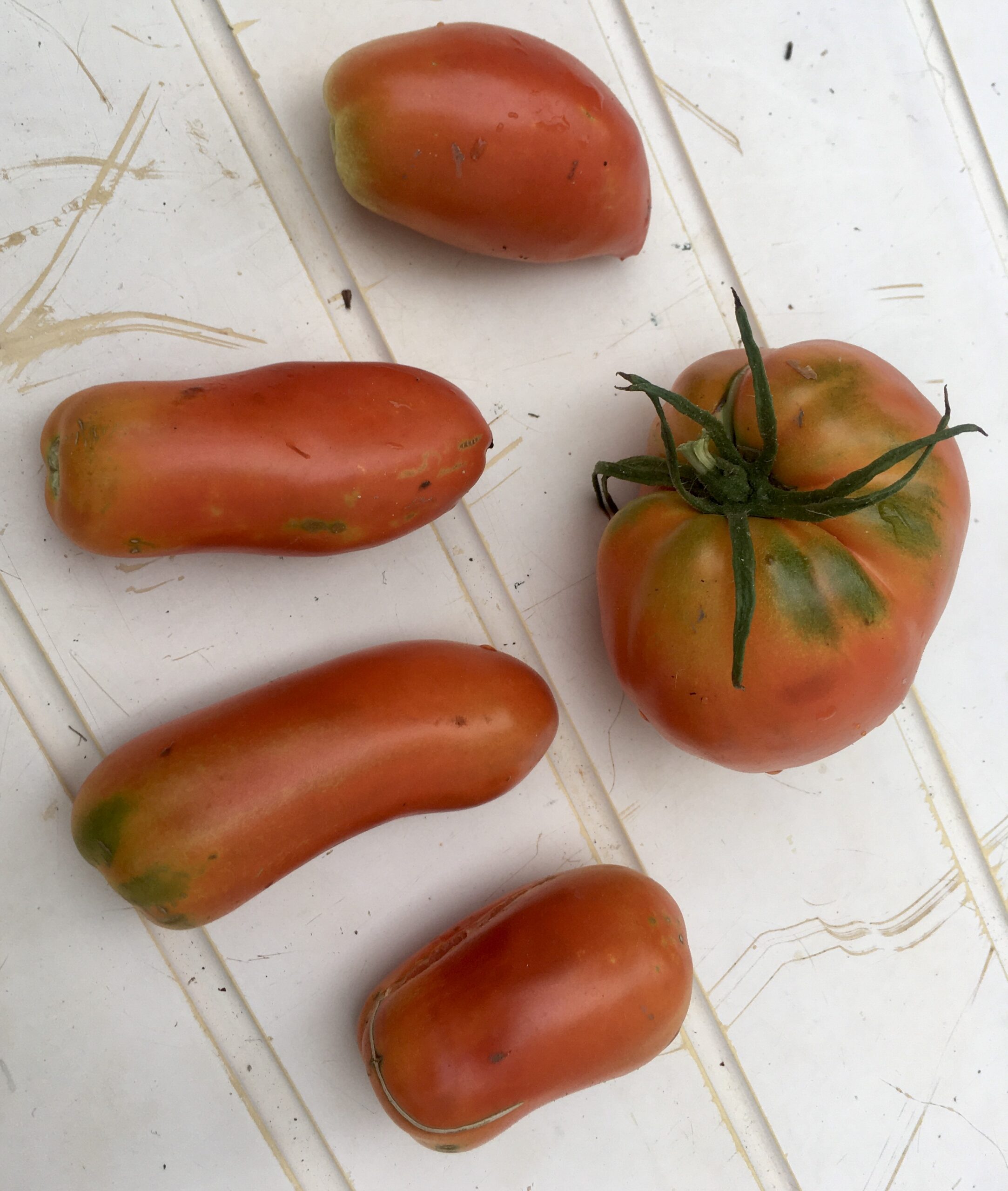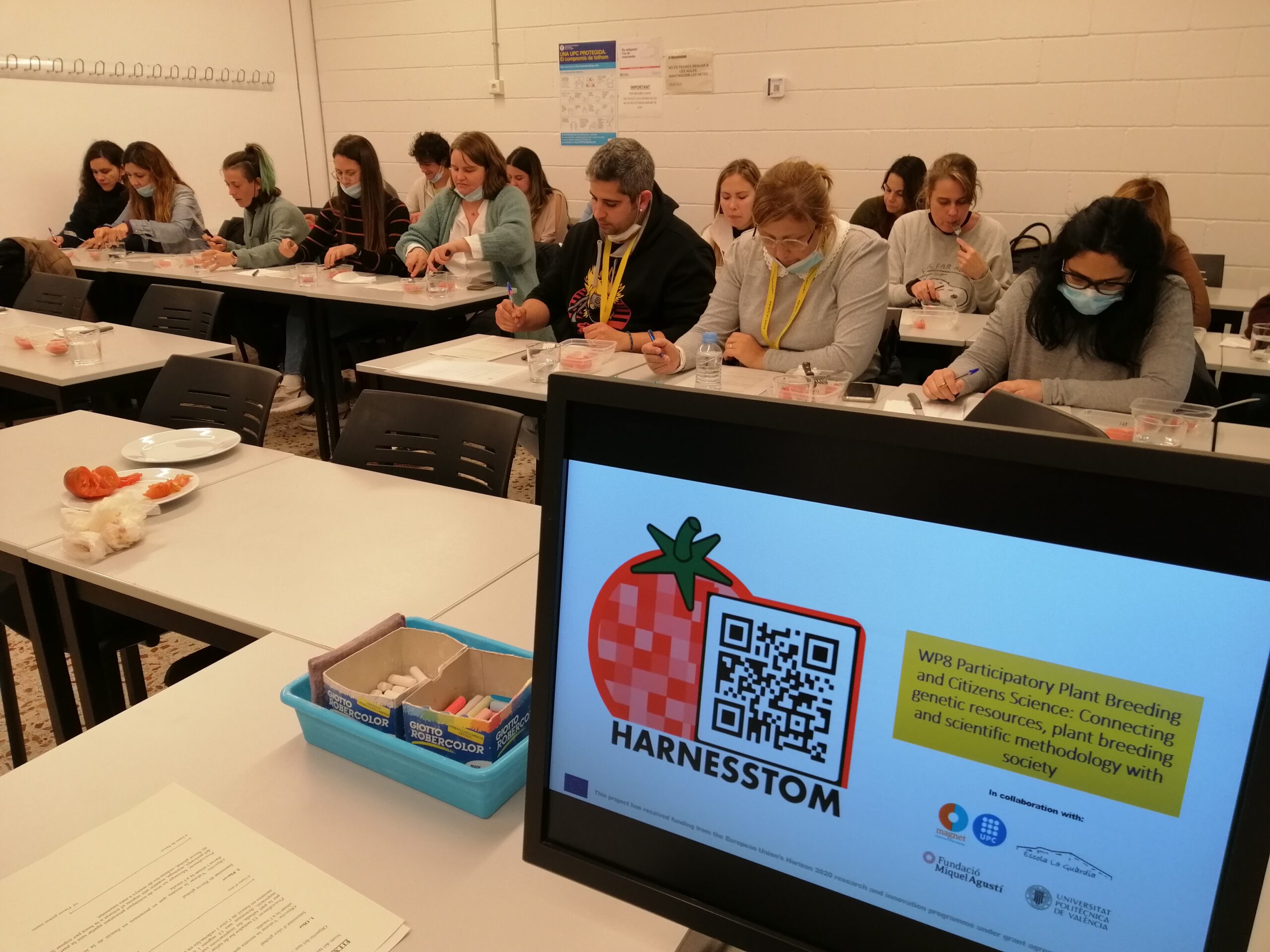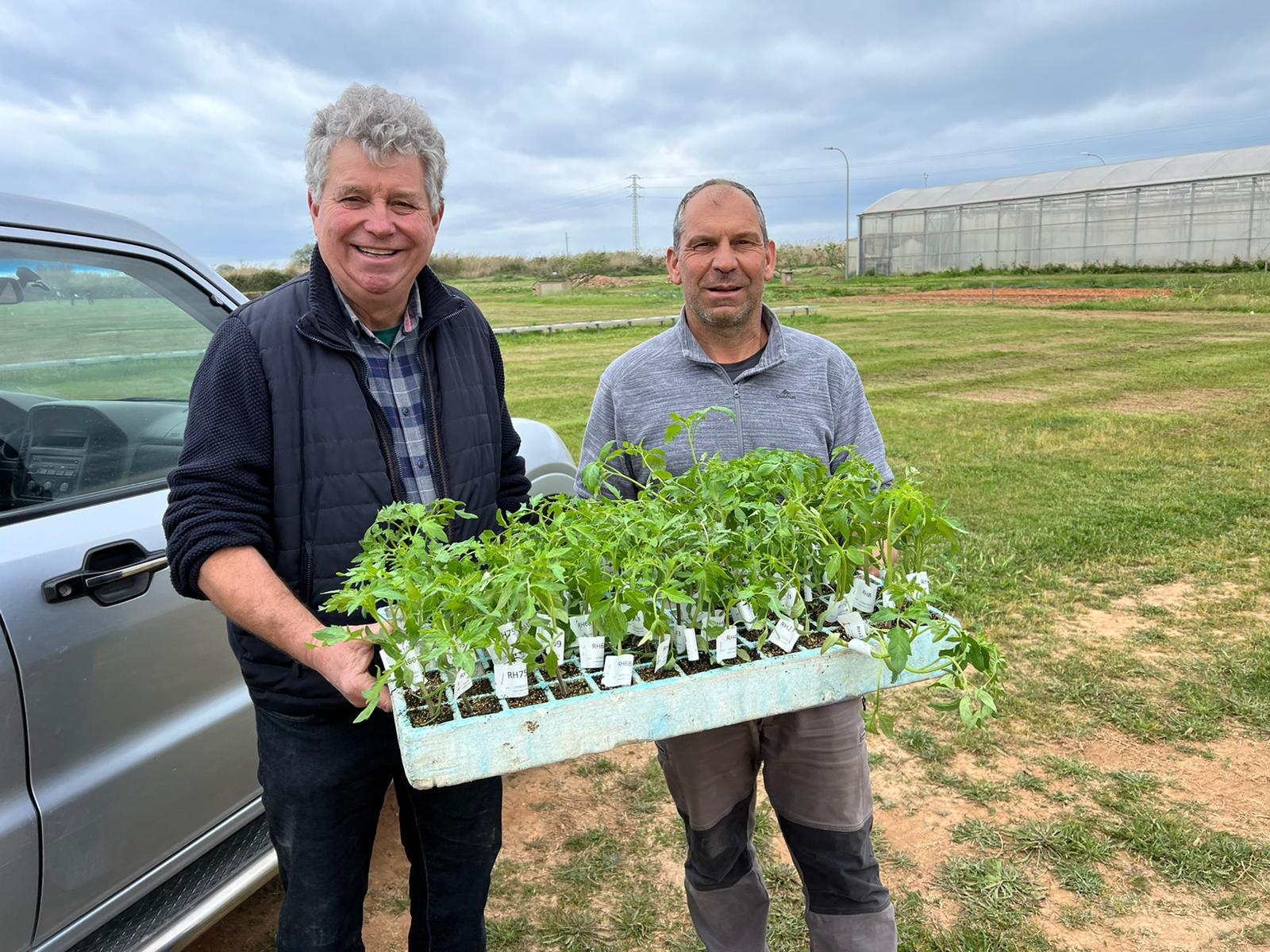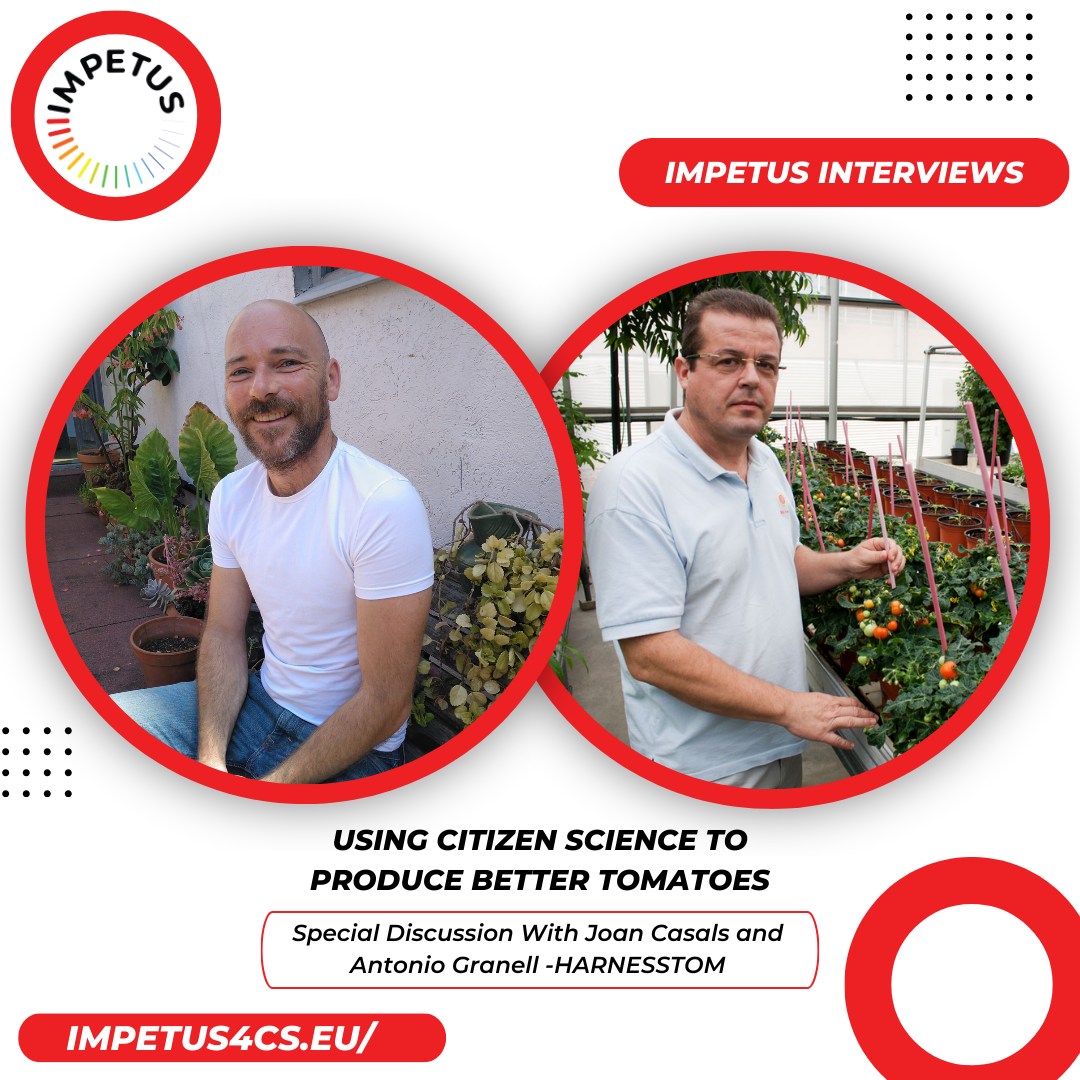Red, round, and juicy tomatoes stand as one of the world’s most extensively cultivated vegetable crops. Their journey from wild plants to essential ingredients in countless culinary creations reflects a story of domestication shaped by years of selective breeding. Despite their popularity, tomatoes face challenges such as emerging diseases and climate change impacts. However, the rich genetic diversity inherent in tomatoes provides scientists with valuable resources to establish effective management strategies for their protection.


The EU-funded HARNESSTOM project capitalizes on this research foundation to further its objectives. Specifically, it aims to underscore the importance of leveraging genetic resources for food safety and security while fostering innovation. By harnessing tomatoes’ vast genetic potential, the project seeks to enhance resistance against prevalent diseases, bolster tolerance to climate change stresses, and elevate overall quality.
In alignment with this vision, HARNESSTOM integrates citizen science approaches to facilitate the exploration and utilization of tomato genetic resources. Through extensive surveys involving thousands of participants across Europe, the project identifies key traits driving consumer acceptance, laying the groundwork for informed decision-making in germplasm selection.
Building on this foundation, HARNESSTOM engages stakeholders spanning farmers, chefs, citizens, and students in various evaluation activities. Participatory selection trials, sensory analyses, and community seed kit distributions enable diverse perspectives to shape the assessment process, fostering inclusivity and knowledge exchange.
Overall, HARNESSTOM embodies a collaborative effort to harness the potential of tomato genetic resources for transformative outcomes in food production and resilience. Through innovative methodologies and inclusive practices, the project paves the way for enhanced agricultural sustainability and the continued evolution of global food systems.

In this IMPETUS Interview, we speak with Joan Casals and Antonio Granell about how HARNESSTOM used citizen science, genomic editing, and selective breeding to work with citizens and farmers to produce harder tomatoes that consumers will still love the taste of.
Watch the full interview here:



